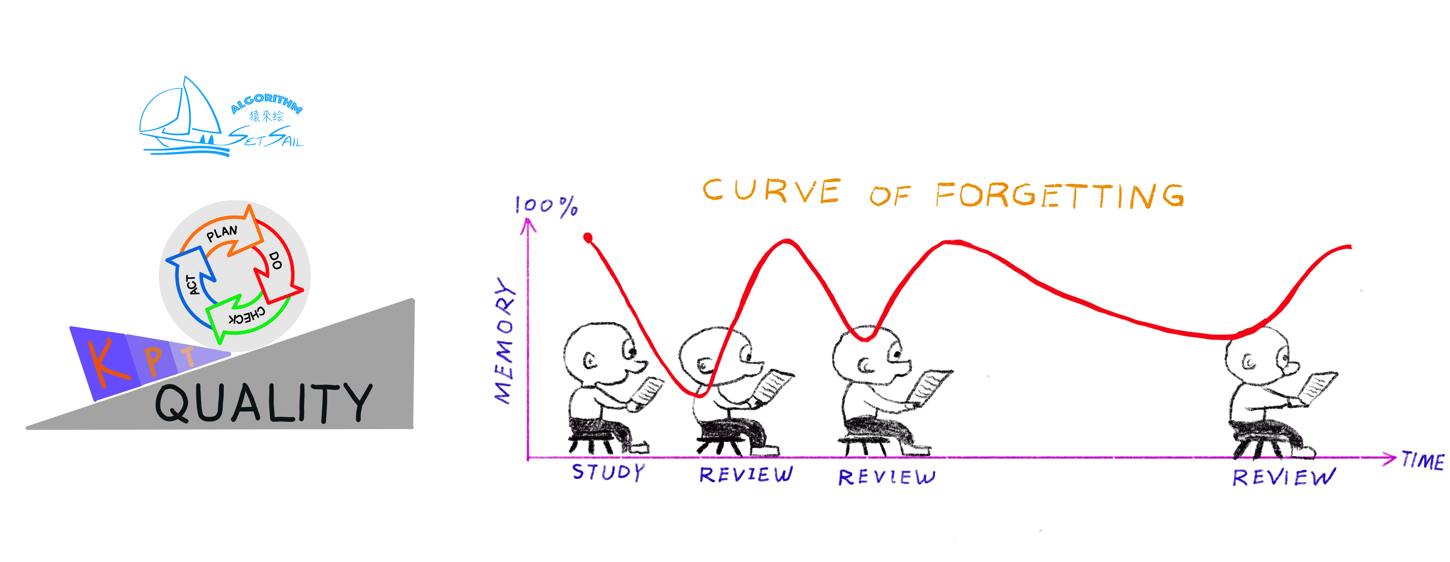多线程
4-线程同步-生产者和消费者简易模型
2021-07-07 570 0
简介 线程之间的通讯、简单的生产者和消费者模型的实现
1. 线程的通信
两个线程交替消费10条消息,并打印
涉及到的三个方法:
wait():一旦执行此方法,当前线程就进入阻塞状态,并释放锁(同步监视器)。
notify():一旦执行此方法,就会唤醒被wait的一个线程。如果有多个线程被wait,就唤醒优先级高的那个。
notifyAll():一旦执行此方法,就会唤醒所有被wait的线程。
说明:
1.wait(),notify(),notifyAll()三个方法必须使用在同步代码块或同步方法中。
2.wait(),notify(),notifyAll()三个方法的调用者必须是同步代码块或同步方法中的同步监视器。(都写为obj或都写为this)
否则,会出现IllegalMonitorStateException异常
3.wait(),notify(),notifyAll()三个方法是定义在java.lang.Object类中。
//WaitNotifyTest.javapackage com.ylaihui.thread1;class ProcMsg implements Runnable{ private static int message = 10; private Object obj = new Object(); @Override public void run() { while(true){ //wait(),notify(),notifyAll()三个方法的调用者必须是同步代码块或同步方法中的同步监视器 // (都写为obj或都写为this) 否则报异常 IllegalMonitorStateException //synchronized (obj){ // IllegalMonitorStateException synchronized (this){ // 一旦执行此方法,就会唤醒被wait的一个线程。如果有多个线程被wait,就唤醒优先级高的那个。 this.notify(); if(message > 0) { System.out.println(Thread.currentThread().getName() + ":" + message); message--; try { // 一旦执行此方法,当前线程就进入阻塞状态,并释放锁(同步监视器)。 this.wait(); } catch (InterruptedException e) { e.printStackTrace(); } }else break; } } }}public class WaitNotifyTest { public static void main(String[] args) { ProcMsg procMsg = new ProcMsg(); Thread t1 = new Thread(procMsg); Thread t2 = new Thread(procMsg); t1.start(); t2.start(); }}2. sleep和wait的区别
1.相同点:一旦执行方法,都可以使得当前的线程进入阻塞状态。
2.不同点:1)两个方法声明的位置不同:Thread类中声明sleep() , Object类中声明wait()
2)调用的要求不同:sleep()可以在任何需要的场景下调用。 wait()必须使用在同步代码块或同步方法中
3)关于是否释放同步监视器:如果两个方法都使用在同步代码块或同步方法中,sleep()不会释放锁,wait()会释放锁。
3. 生产者消费者模型
线程通信的应用: 生产者/消费者问题
生产者(Productor)将接收到的消息放入缓冲区(MsgQueue),而消费者(Customer)从缓冲区取出消息进行消费,
缓冲区只能存储固定数量的消息,比如20条消息,
如果生产者试图放入多余20条消息,缓冲区满,会停止生产者生产消息。
如果缓冲区有空位放消息,那么通知生产者继续生产;
如果缓冲区没有消息,那么消费者会等待,如果缓冲区有消息了,再通知消费者消费消息。
分析:
1. 是否是多线程问题?是,生产者线程,消费者线程
2. 是否有共享数据?是,缓冲区的消息
3. 如何解决线程的安全问题?同步机制,有三种方法(同步代码块、同步方法、Lock的方式)
4. 是否涉及线程的通信?是
//ProducterConsumerTest.javapackage com.ylaihui.thread1;class MsgQueue { private int msgcount = 0; public final static int MSG_MAX = 200; MsgQueue(){} public int getMsgcount(){ return this.msgcount; } public void addCount(){ this.msgcount++; } public void reduceCount(){ this.msgcount--; }}class Producter implements Runnable{ private MsgQueue msgqueue; Producter(){} Producter(MsgQueue msgqueue){ this.msgqueue = msgqueue; } @Override public void run() { while(true){ synchronized (msgqueue){ if(msgqueue.getMsgcount() < MsgQueue.MSG_MAX){ msgqueue.addCount(); msgqueue.notify(); System.out.println("生产产品" + msgqueue.getMsgcount()); } else { try { msgqueue.wait(); } catch (InterruptedException e) { e.printStackTrace(); } } } } }}class Consumer implements Runnable{ private MsgQueue msgqueue; Consumer(){} Consumer(MsgQueue msgqueue){ this.msgqueue = msgqueue; } @Override public void run() { while(true){ synchronized (msgqueue){ if(msgqueue.getMsgcount() > 0) { System.out.println("消费产品" + msgqueue.getMsgcount()); msgqueue.reduceCount(); msgqueue.notify(); }else { try { msgqueue.wait(); } catch (InterruptedException e) { e.printStackTrace(); } } } } }}public class ProducterConsumerTest { public static void main(String[] args) { // init the message queue MsgQueue msgq = new MsgQueue(); Producter p = new Producter(msgq); Consumer c = new Consumer(msgq); Thread t1 = new Thread(p); Thread t2 = new Thread(c); t1.start(); t2.start(); }}


